When facing liquidity challenges, selling loans and leases on a secondary market can be a strategic option to optimize balance sheets, manage lending limits, and collect additional fee income.
BLOG
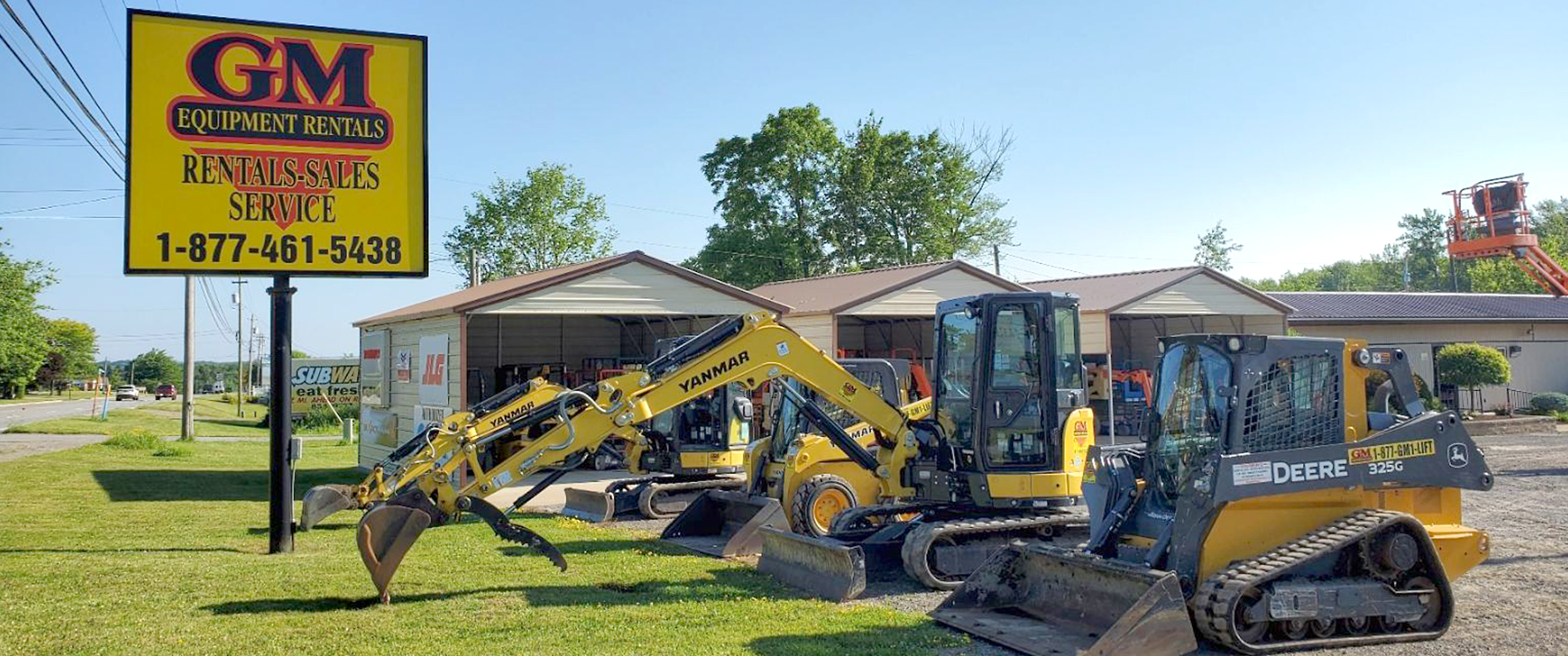
Going the Extra Mile Toward Growth: GM Equipment Rentals
When the right opportunity for business growth presents itself, sometimes having the right financial partner can make a big impact. In this blog, we share how the experts from our Commercial Lending team used an all-hands-on-deck approach to help GM Equipment Rentals expand its business

Maturing Business Growth:
2023 Senior Living Trends
The coming wave of baby boomer retirees brings new challenges and opportunities to senior living facilities. Now is a great time for senior living facility owners and operators to evaluate their potential growth needs to accommodate the aging baby boomer population.
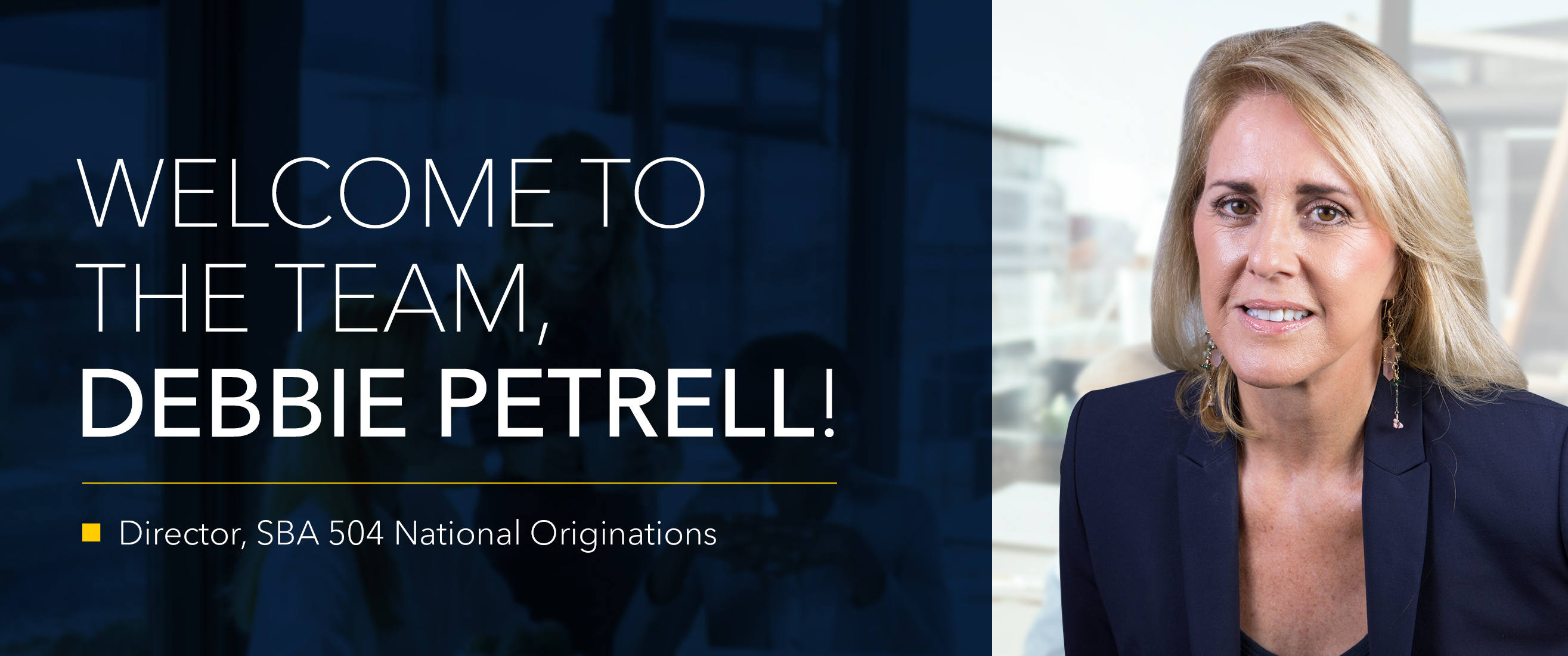
Reinvigorating Commercial Real Estate Lending through SBA 504 Loans
Redefining lending and leasing drives The Bancorp Commercial Lending to continuously evolve how it fulfills the needs and expectations of business owners. To help accomplish this, Small Business Lending welcomes Debbie Petrell to expand its SBA 504 Lending opportunities. In this blog, she shares her background and how Commercial Lending offers unique lending solutions that help lay the foundation companies can build upon.
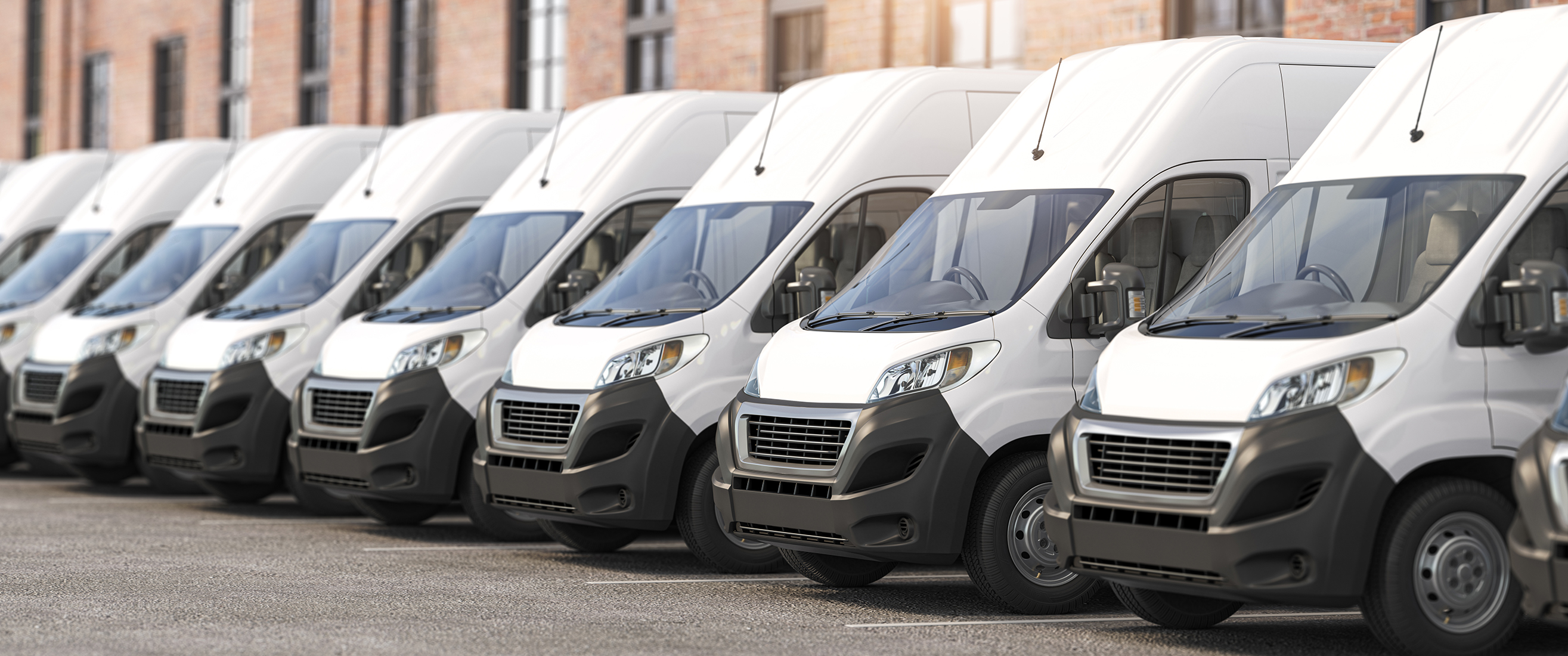
A Guide to Commercial Lending, Part 2: Commercial Fleet Leasing
Achieving success with your business can often require acquiring or replacing fleet vehicles. In the second part of our Guide to Commercial Lending, The Bancorp Fleet Leasing experts guide you through the process with a strategic approach and an experienced team of fleet lessors.

A Guide to Commercial Lending, Part 1: Small Business Lending
When business owners start to navigate the process of securing a loan for their business, there are foundational steps to consider that can help position the company in the best light for a potential lender.

Accessing Liquidity through Wholesale Transactions
As the economy tightens, finding access to liquidity and capital can be vital for lenders and lessors looking to attract new customers. Though there are several avenues available to accomplish this, a simple option that is often overlooked is the sale of loans and leases on the secondary market through a wholesale transaction.

Inflation and its Impact on Small Business
Businesses all over the country have worked tirelessly to adjust to the “new normal” and the lingering impacts caused by the pandemic. But just as some owners may have found some stable footing, the ongoing rise in inflation has once again forced companies to reevaluate their budgets and business models.

Questions for Lawn Care Businesses That Want To Be Acquired
Many lawn care businesses are juggling a combination of consistent, increasing demand for services and an aging/shrinking workforce. For these business leaders, it’s vital to examine the business within the context of the following questions as they begin to plan for the future and determine if acquisition is the best course of action.

The Chip Shortage: One Year Later
As we near a full year since this issue began, The Bancorp takes a look at one of the hardest hit industries — construction — and forecasts what business owners may be able to expect as the shortage continues, as well as how to navigate the situation until it is a thing of the past.

Celebrating Resiliency: Small Business Week 2022
There is no question that small business owners have been through a tumultuous time over the past few years. Through the hardships brought on by the pandemic and its ongoing economic and social impact, business owners have dealt with unparalleled pressure to remain resilient and determined to sustain and grow their companies.

Independently-Owned Assisted Living Facilities Are Primed for Success amid Exponential Industry Growth
There are more than 70 million baby boomers in the United States who are at or near retirement age, and about 70% are expected to enter some type of assisted living facility (ALF) in the future. This, coupled with the fact that Americans are living longer, has prompted many older Americans to turn to ALFs to serve their needs, which has generally driven remarkable growth in the industry.

How the Infrastructure Bill Will Affect the Commercial Construction Industry
For years, Congress debated the need for a bill that would strengthen and reinforce America’s deteriorating infrastructure. On November 15, 2021, President Biden signed a historic $1.2 trillion bipartisan infrastructure deal, titled the “Infrastructure Investment and Jobs Act,” into law.

Looking Back and Forward: A Review of Trends in the Construction Industry
At the start of the coronavirus pandemic in March 2020, like so many other areas of infrastructure, the construction industry came to a grinding halt due to health and safety concerns. As businesses tried to return to “normal,” they were (and continue to be) faced with delays.

Why Lawn Care Businesses Are Primed for Market Consolidation
With a greater focus on home improvements, coupled with the ongoing maintenance required by homeowners, businesses experienced a slew of return customers who not only wanted services, but needed them.

Part II: What to Know about Growing Your Home Services Business: Acquiring a Stand-Alone Small Business
For small home services businesses on the receiving end of increased demand, operating as-is may no longer be feasible or sustainable. As owners vet their opportunities to capitalize on growth, many roads may lead to acquisition, whether that be a franchise or another stand-alone business.
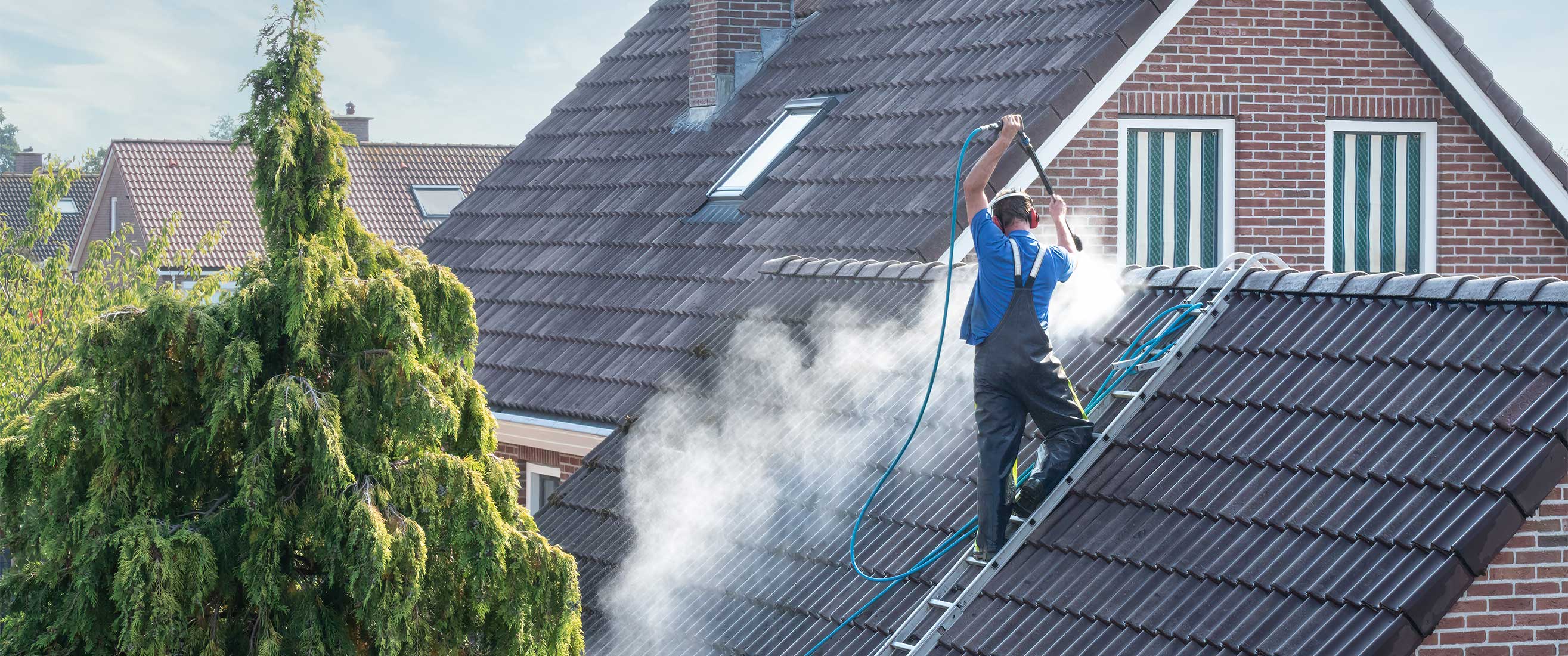
Part I: What to Know about Growing Your Home Services Business: Acquiring a Franchise
Despite the ongoing pandemic and rampant shortages of workers and supplies, small businesses still account for 99.9% of businesses in America1, and many are continuing to thrive despite these struggles.

The Impact of a Delivery-On-Demand Economy
The on-demand business model has grown exponentially in recent years as businesses have increased their digital offerings, and the impact on businesses has been felt across industries.

Small Business Spotlight: Mansfield Funeral Home
Last November, Christie K. Moore, CEO and Funeral Director of Mansfield Funeral Home, was running the funeral home, which she acquired in 2016, with plans to open a crematory on the property — while also running her second successful business, Peaceful Pets DFW, which she established in May 2020.

The Future of the Company Car
Although most sales teams cannot afford to neglect the inherent selling power of forming and sustaining in-person relationships with potential and existing clients, businesses have been operating within virtual sales models for the majority of the year and have seen success in this new approach. With remote and hybrid working models becoming the new norm, is the future of the company car in question?

The Bancorp Partners with The Brotherhood Ride to Honor Fallen First Responders
One group of Florida firefighters has made it their mission to remember fallen first responders. After tragedy struck, they transformed their vow to “Never Forget” into an annual bicycle ride that travels hundreds of miles to honor the fallen.

Business Expansion in a Post-COVID World: Spotlight on Veterinarians
With millions of animals in new homes throughout the pandemic, the past year has shed a spotlight on the transformation the veterinary care industry will need to undergo, and the potential business extensions necessary — such as fleet vehicles — to meet increased (and ongoing) demand, as well as the subsequent financial considerations.

What Small Business Owners Need to Know about Succession Planning
While succession planning is something that all small businesses should be considering, the coronavirus pandemic jolted many small businesses into thoughtful planning for the future, whether it’s navigating unforeseen challenges or planning for future generations of leadership and ownership.

How To Establish and Maintain Your Company’s Competitive Edge
The coronavirus pandemic has forced us to redefine activities that were once standard in our day-to-day lives, changing the way we shop, socialize, and do business. But what has remained constant is the value placed on supporting the heavily impacted “Main Street”.
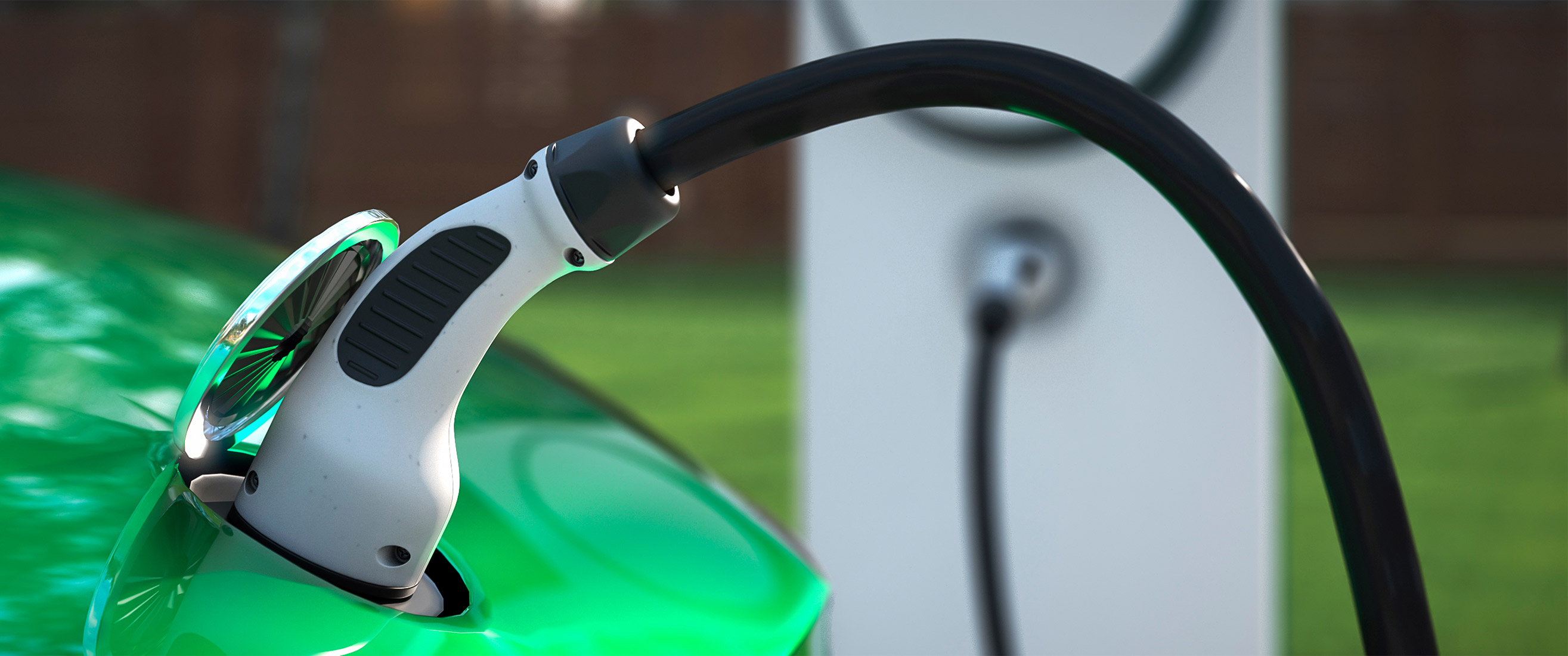
The Future Trajectory of the Electrification of American Vehicles
Over the past decade, there has been a global call on drivers, auto manufacturers, and companies at large to reduce their carbon footprint. Since taking office, President Biden has made that call even louder with proclaimed plans to electrify America.
Ask the Expert: 5 Things Business Owners Need to Know About the Global Semiconductor Chip Shortage
Because of the shutdown, fleet orders for the 2021 model year have been cut-off much earlier than normal, and as a result, businesses that are currently looking to replace or add vehicles to their fleets may have noticed that it’s becoming increasingly difficult to do so.

The State of Government Fleets: Shifting to Electric Vehicles
While tax incentives will help cut costs for departments with already tight budgets, there are other benefits for governments to shift their fleets to electric, including improved departmental image, as well as reduced maintenance costs.

The Importance of Preparing Your Fleet Ahead of Peak Spring Season Demand
A great way to prepare for peak season is to ensure the company’s fleet is not only on a cyclical maintenance schedule but also a proper replacement schedule.

The State of Government Fleets: How The Coronavirus Pandemic Continues to Spar With The Industry
As the coronavirus resulted in production lockdowns in the automobile industry, government agencies faced difficulty with both acquiring fleet vehicles and meeting their needs within a tighter budget. With The Bancorp Commercial Fleet Leasing, government agencies may benefit from end-to-end fleet leasing services with bank-direct financing and custom lease plans.
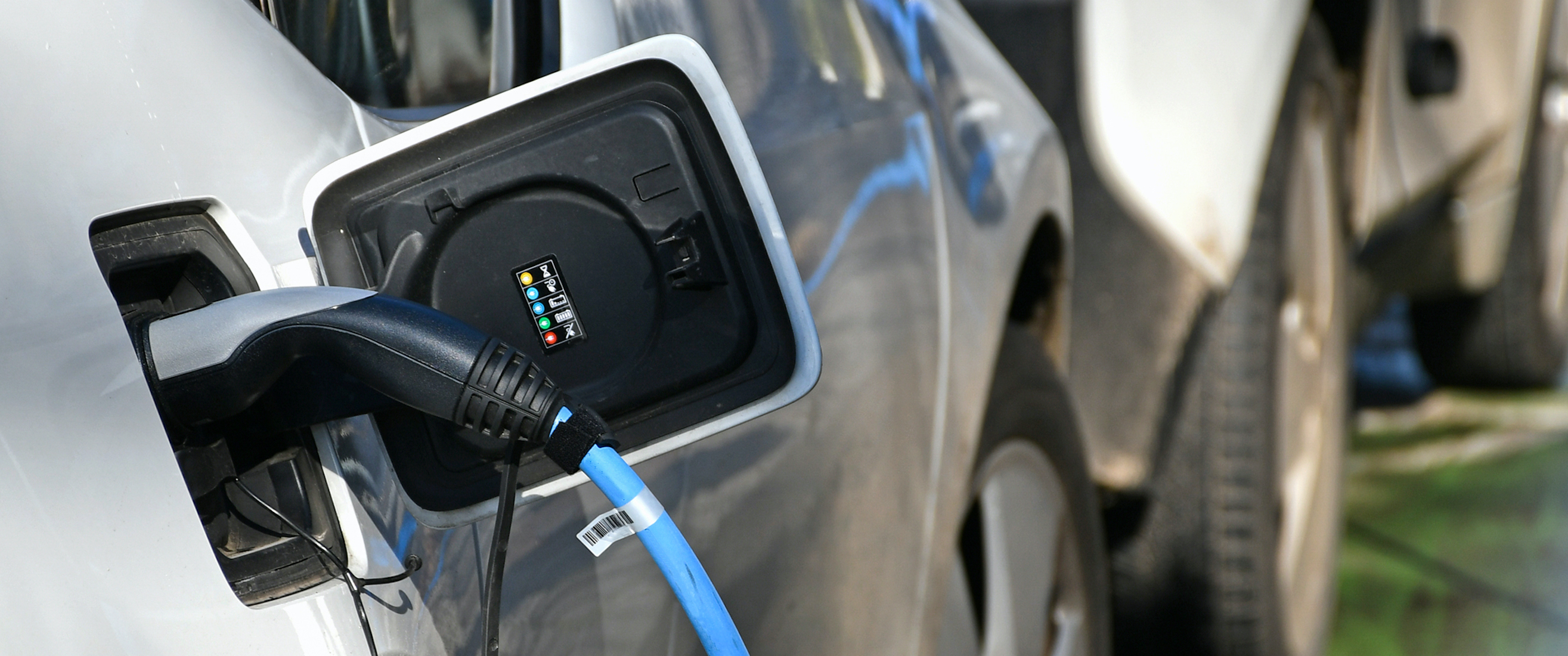
2021 Fleet Leasing Predictions Following an Unprecedented Year
2020 was certainly an unprecedented year for businesses of all sizes and industries of all kinds. For some, we’ve championed their successes and mourned the undoing of others. But as we begin to see a light at the end of the tunnel, there are still many unknowns that remain as we try to anticipate what 2021 will bring.

A Year in Review: Top Three Business Lessons Learned in 2020
Though 2020 started as the “year of vision”, the way it unfolded was unforeseen by most. It tested resilience and strength, particularly of businesses both large and small, pushing owners to revamp their business models, go on a temporary hiatus, or shutter storefronts altogether.

A Perfect Pair: Why Small Business Lending and Commercial Fleet Leasing Go Hand-in-Hand
The Bancorp’s Small Business Lending and Commercial Fleet Leasing divisions have always provided best-in-class service and solutions to clients, no matter their need.

Leasing Benefits with Current Economic Headwind
As the nation moves toward recovery, new realities are emerging as a result of the coronavirus (COVID-19). Activities that were once standard in our day-to-day lives have become less common, or have disappeared altogether. We shop differently. We socialize differently. We do business differently.

Paving the way on the road to success
Twenty-five years ago, a stroke of good luck helped launch my career as a small business lender. Since then, it’s been my privilege to champion the small business sector and all the ways it contributes to our country’s economic vitality.
